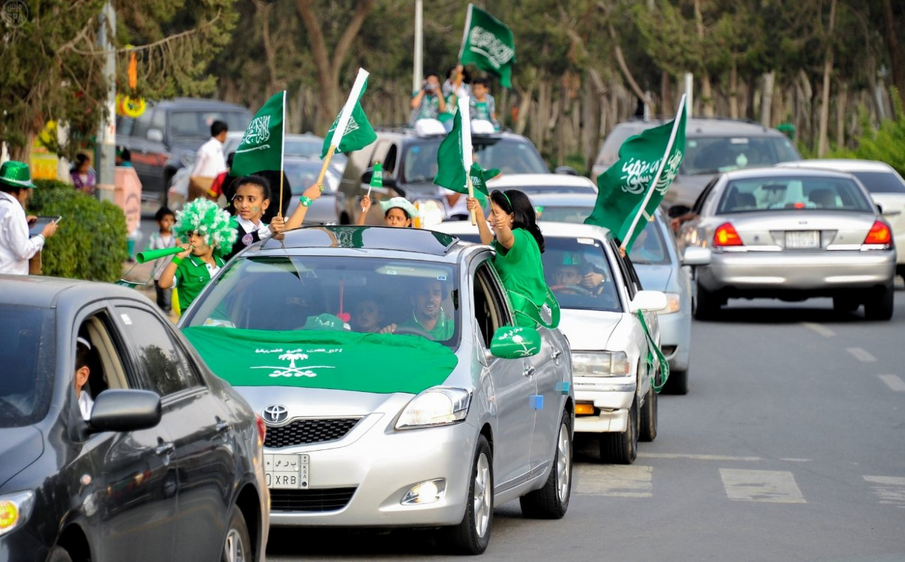With low oil prices, Saudi Arabia and other energy producers that subsidize domestic prices have a golden opportunity to reform those schemes. Will they?
According to an IMF official in remarks made last year, Gulf states spent an average of 10% of GDP subsidies in 2013, a total of $160 billion annually. As a whole, the Middle East and North Africa region accounts for nearly half – 48% – of energy subsidies globally.
Writing in a SUSTG post last August, John Sfakianakis noted that subsidies are in place primarily for social and political reasons, but have deep economic consequences.
“Economically, general subsidies foster overconsumption, waste and damage to the environment. They also tend to encourage capital-intensive industries to the detriment of employment-intensive activities. Saudi Arabia needs to create employment-intensive activities to accommodate the millions that will be looking for jobs in the next fifteen years,” Sfakianakis wrote.
Now, with oil prices at new bottoms, the time to act for many governments in the Middle East is now, according to Jim Krane, a Middle East energy expert at Rice University, as quoted by the New York Times today:
“Many of the big producers have no choice but to raise domestic energy prices…This includes prices on fuel, but also electricity and water, since most water in the region is desalinated by burning fossil fuels. Now, with less revenue coming in, the oil-exporting regimes have a stronger fiscal incentive to do this.”
Although change occurs slowly in Saudi Arabia, it appears this golden opportunity for energy subsidy reform is not going unnoticed by Saudi leadership.
According to an unnamed source quoted in a report by Asharq Alawsat yesterday, Saudi Arabia is now actively looking to overhaul its subsidies system, calling future actions against the system “very likely” to occur.
That same report noted that Fahd Al-Mubarak, SAMA governor, said recently at a conference in Riyadh that the system was “distorting and wasteful” when it came to resources such as fuel and water.
Saudi Arabia’s best chance at reforming this economic system that favors the rich and distorts the economy may be right now, but as Sfakianakis wrote last August when he argued for subsidy reform, such decisions “are taken by those who are visionary” and should happen when economic growth is strongest. Although growth is expected to slow in 2015, this still may be a promising opportunity to reform an expensive system of subsidies.









